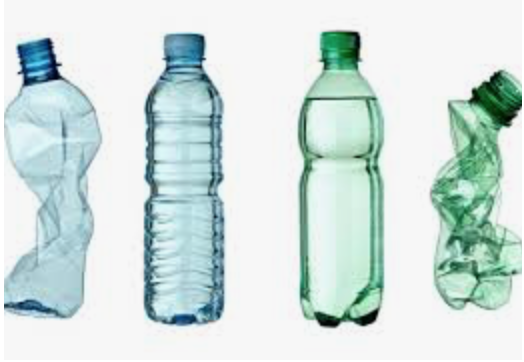Media: Launch of world’s first commercial bio-PET bottles marked milestone in sustainable packaging
Suntory will be the first company to incorporate these bio-PET bottles, starting with an initial rollout of 45 million bottles across selected product lines in Japan. Suntory plans to expand the adoption of bio-PET across more products

PET Bottle
The world’s first commercially available bio-PET bottles have officially hit the market, marking a groundbreaking shift toward sustainable packaging solutions. This innovation is a result of collaboration between leading industry players: Indorama Ventures, Suntory, ENEOS Corporation, Mitsubishi Corporation, Iwatani, and Neste.
These bio-PET bottles are made from a novel PET resin blend, consisting of 70% purified terephthalic acid (PTA) and 30% monoethylene glycol (MEG). While the MEG component still derives from fossil fuels, the primary component—PTA—is now sourced from renewable materials, significantly reducing the carbon footprint of production.
The process begins with Neste’s bio-naphtha, made from used cooking oil at an ISCC+-certified facility. This bio-naphtha is then converted into bio-paraxylene (PX) by Mitsui Chemicals. The bio-paraxylene is then transformed into purified terephthalic acid (PTA) at Indorama Ventures’ facility, where it combines with monoethylene glycol to create the bio-PET resin.
Suntory will be the first company to incorporate these bio-PET bottles, starting with an initial rollout of 45 million bottles across selected product lines in Japan. Suntory plans to expand the adoption of bio-PET across more products in the near future, aiming to further decrease the environmental impact of its packaging.
This commercial launch of bio-PET bottles signals a promising step forward in reducing dependency on fossil fuels for packaging and supports broader sustainability goals in the beverage industry.
Written by: Derek Yong
